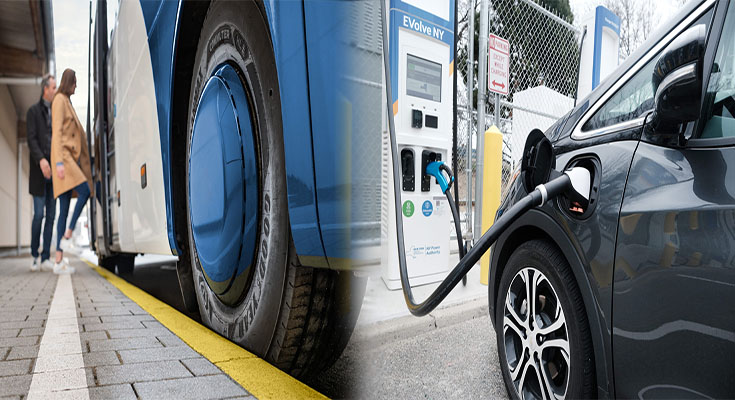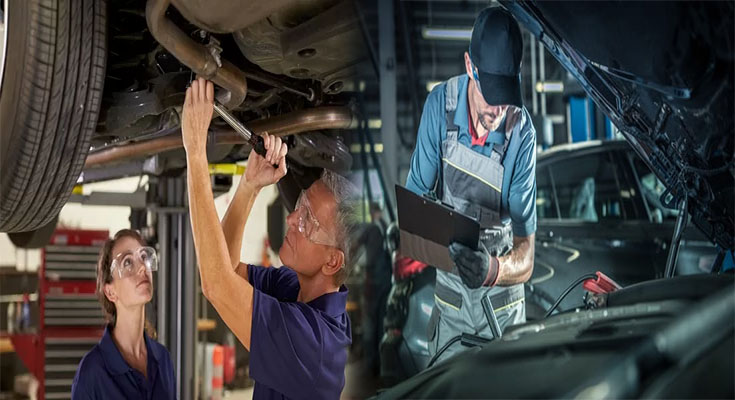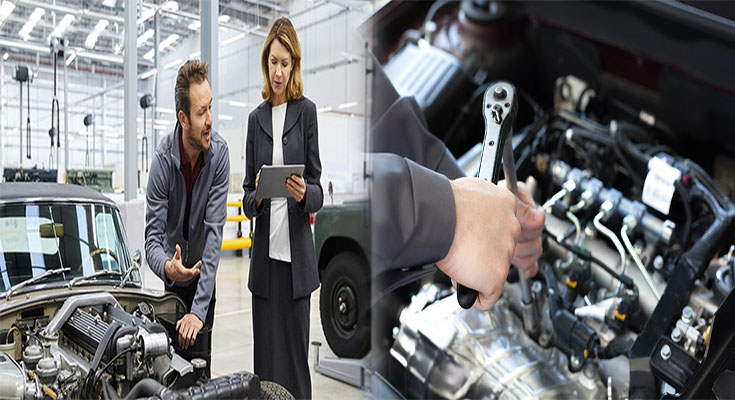
Best Electric Vehicles for Long-Distance Transportation
As electric vehicles (EVs) continue to gain popularity for their environmental benefits and cost-efficiency, advancements in technology have made them a practical choice for long-distance transportation. With improvements in battery range and charging infrastructure, several EV models are now well-suited for extended journeys. In this article, we will explore some of the best electric vehicles for long-distance transportation, offering both range and comfort for drivers embarking on road trips or daily commutes.
1. Tesla Model S
Known for its impressive range and performance, the Tesla Model S is a top choice for long-distance travel. With a range of up to 400 miles on a single charge (varies by model), the Model S offers ample battery capacity for extended road trips. Its luxurious interior, advanced autopilot features, and fast-charging capabilities further enhance the driving experience, making it an ideal option for those seeking comfort and convenience on long journeys.





